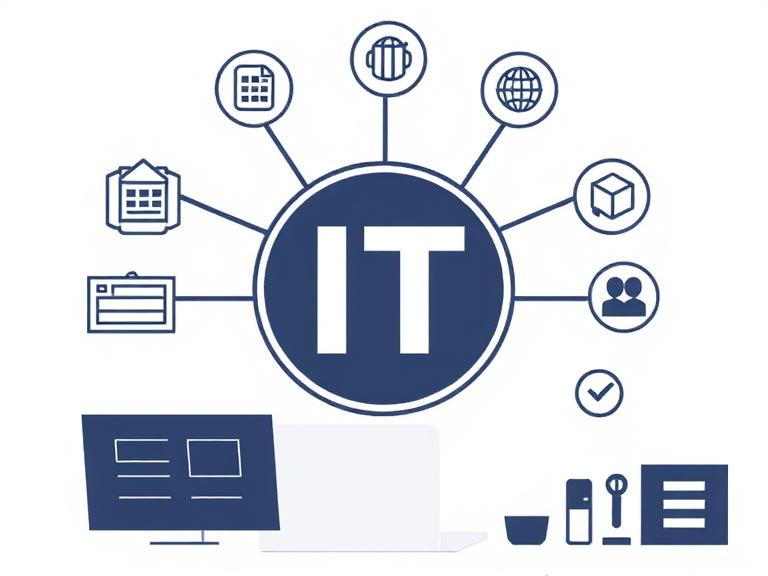The choice between online and offline IT courses can significantly impact your learning experience. Each format offers unique advantages, and the best option depends on your goals, schedule, and learning style.
Online Courses: Flexibility and Accessibility
Online IT courses are ideal for those who need flexibility. Whether you’re working full-time or managing other commitments, you can learn at your own pace. Platforms like Coursera, Udemy, and edX offer self-paced programs, video lectures, and downloadable resources.
You also gain access to a global pool of instructors and course content, which often includes the latest industry tools and trends. Online courses tend to be more affordable and frequently offer certifications upon completion.
Offline Courses: Structure and Networking
In-person classes offer face-to-face interaction with instructors and peers, which can boost motivation and accountability. These courses are especially helpful for learners who struggle with self-discipline or prefer real-time feedback.
Offline courses often include lab time, group projects, and direct access to tech equipment. They’re also excellent for networking and job placement, especially if the course is affiliated with a university or local tech hub.
Which One Is Better?
If you’re self-motivated and need flexibility, online learning is probably the better choice. However, if you learn best through structure and direct engagement, an offline course may provide a more supportive environment.
In many cases, a hybrid approach—combining online resources with offline mentorship or workshops—offers the best of both worlds.

Leave a Reply